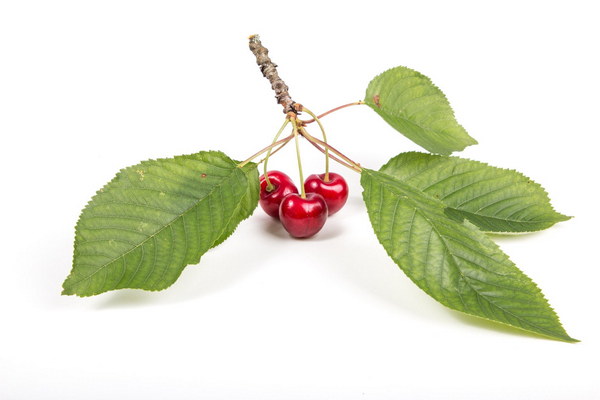Natural Remedies and Lifestyle Adjustments for Alleviating Nausea and Dry Heaving
Nausea and dry heaving can be unsettling experiences, often accompanied by a sense of discomfort and unease. While these symptoms can be triggered by various factors, such as indigestion, motion sickness, or underlying health conditions, there are several natural remedies and lifestyle adjustments that can help alleviate these symptoms and restore your comfort. Here’s a comprehensive guide on how to manage nausea and dry heaving effectively.
Understanding the Causes
Before diving into remedies, it’s essential to understand the potential causes of nausea and dry heaving. These can include:
- Gastrointestinal Issues: Problems like food poisoning, gastritis, or irritable bowel syndrome (IBS) can lead to these symptoms.
- Motion Sickness: Traveling by car, boat, or plane can induce motion sickness, which often presents with nausea and dry heaving.
- Emotional Stress: Anxiety, fear, or stress can also trigger these symptoms.
- Medications: Some medications, especially those that affect the central nervous system, can cause nausea as a side effect.
- Pregnancy: Morning sickness is a common symptom in early pregnancy.

Natural Remedies
1. Hydration: Staying hydrated is crucial. Drink small sips of water or clear broths to prevent dehydration.
2. Ginger: Consuming ginger in various forms, such as ginger tea, ginger ale, or ginger supplements, has been known to alleviate nausea.
3. Peppermint: Peppermint can help relax the muscles in the digestive tract and reduce nausea. Peppermint tea or peppermint essential oil can be beneficial.
4. Acupressure: Applying pressure to the P6 (Nei Kuan) point on the wrist, located between the wrist crease and the base of the thumb, can help alleviate nausea.
5. Aromatherapy: Scents like peppermint, lemon, or lavender can have a calming effect on the body and may reduce nausea.
Lifestyle Adjustments
1. Mindful Eating: Eat slowly and chew thoroughly to aid digestion. Avoid large meals and opt for small, frequent meals instead.
2. Avoid Strong Odors: Strong smells can trigger nausea. Try to minimize exposure to strong odors or use a fan to disperse them.
3. Stay Hydrated: Sip on water throughout the day to keep hydrated, but avoid drinking large amounts of liquid with meals.
4. Get Fresh Air: Moving to a well-ventilated area can help alleviate nausea, especially if it’s caused by motion sickness.
5. Rest and Relaxation: Resting and reducing stress can help alleviate nausea. Engage in relaxation techniques like deep breathing or meditation.
Home Remedies
1. Cinnamon: Adding a pinch of cinnamon to your food or drinks may help alleviate nausea.
2. Apple Cider Vinegar: Dilute a tablespoon of apple cider vinegar in a glass of water and drink it slowly to reduce nausea.
3. Honey and Lemon: Mix honey and lemon in warm water and drink it slowly to soothe your throat and reduce nausea.
When to Seek Medical Attention
If nausea and dry heaving persist for more than a few days, are severe, or are accompanied by other concerning symptoms such as fever, blood in vomit, or severe dehydration, it’s important to seek medical attention. These symptoms could indicate a more serious underlying condition.
In conclusion, while nausea and dry heaving can be distressing, there are many natural remedies and lifestyle adjustments that can help manage these symptoms. By understanding the causes, employing natural remedies, and making appropriate lifestyle changes, you can often find relief and improve your comfort.









